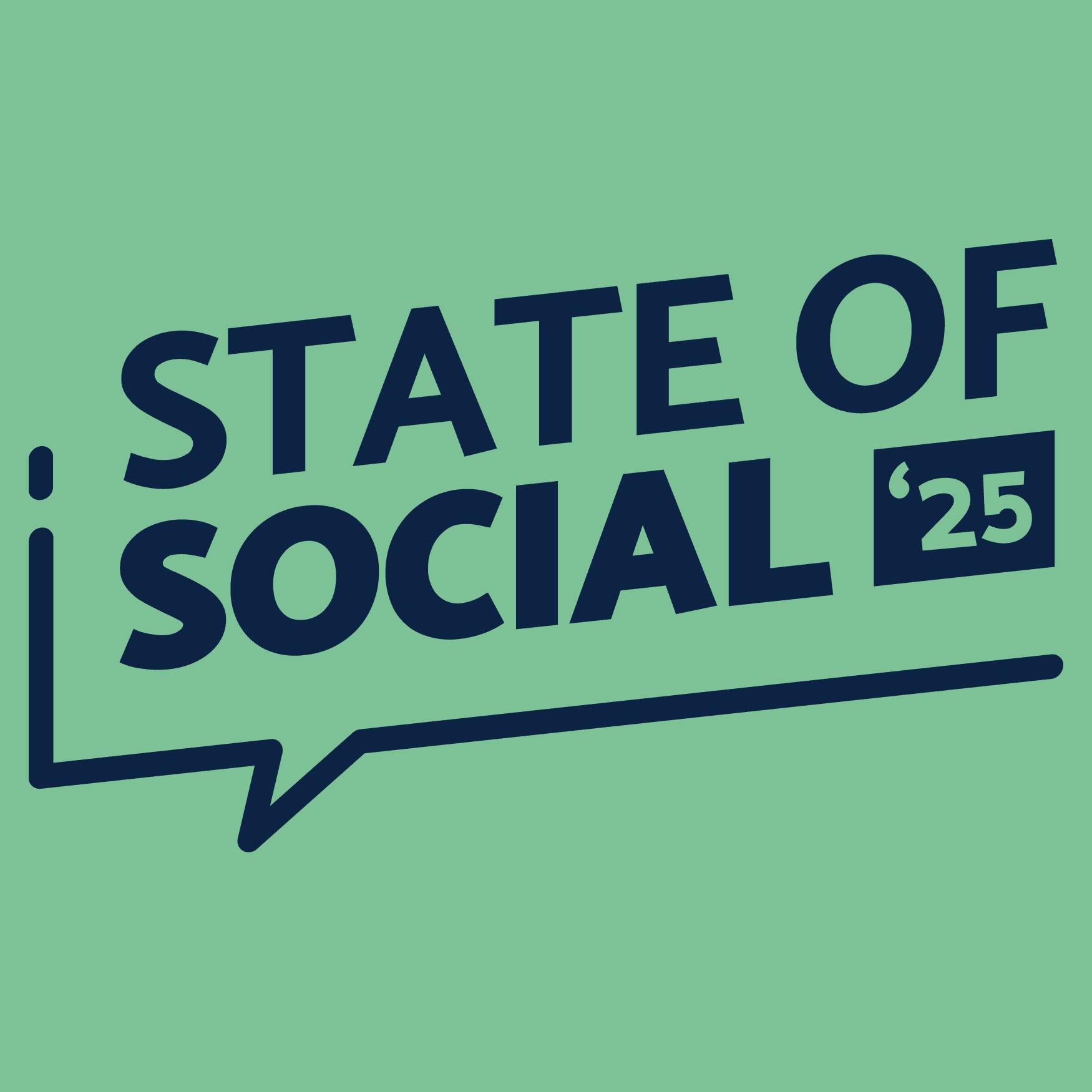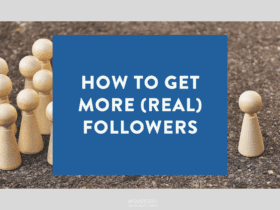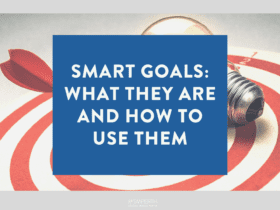Millennials and social media have become synonymous, opening up a gold mine for digital marketers.
Marketing to millennials is on the minds of marketers everywhere. Gen Y is a demographic everyone wants to charm, but it’s easier said than done.
The millennial market is exceptionally lucrative; a 2016 report found that there are 4.2 million millennials in Australia, which accounts for a combined $530 million in disposable income.
And in a study released this year by Adzooma, it was found millennials are increasingly purchasing from online ads, with this group more likely to buy from a sponsored social media advertising over other social media targeting mediums.
But brands need to work harder than ever before to attract and keep millennial customers. Market research by Daymon Worldwide suggests that 29% of millennials will buy the same brand, a significant lower loyalty score than other generations. As marketers, we must constantly be innovating to keep millennial customers interested in our organisation.
Garnering their loyalty, attention and then keeping it relies heavily on the execution. There are entire online communities dedicated to cringeworthy millennial marketing campaigns, with so many well-known fails (the Kendall Jenner Pepsi commercial, anyone?).
Here’s what you need to know when talking to millennials on social media.
Be proactive with community management
Say goodbye to email correspondence and being put on hold; 78% of customers believe social media is the future of customer service. Millennials often lose interest if their message is not acknowledged within 60 minutes, which can be damaging for a brand.
As millennials use social media in their day-to-day lives, they will first reach out on this platform. If accounts do not respond promptly, this generation can make their message more public by commenting on feed posts or sharing their experience on their own social media account.
This is why it is critical to have a community management plan in place for every single day of the week. Someone needs to be responsible for replying to direct messages, comments and other activities that might be complaints or burning questions. A Microsoft report found that 47% of millennials will use social media to complain about a brand.
Focus on authentic content
Another word that makes your eye roll, we know, we know! Millennials trust what they believe is authentic, with 35% of this generation believing that user-generated content is more memorable than other social media content.
With millennials spending 5.4 hours per day engaging with UGC, it is clear they trust relevant, authentic opinions from people they relate to, whether this is friends or influencers they follow.
User-generated content not only provides you with free content but it turns your fans and customers into content creators, as they are producing unique and relevant content for you to reshare on your grid or via Instagram Stories.
Websites can use UGC to create an engaging and dynamic experience, including customer reviews, testimonials and a visual before and after.
If you need help kicking off your UGC strategy, consider an influencer marketing campaign with influencers who your target audience looks up to and respects.
Check out our Working with Influencers on-demand webinar here.
Focus on inbound marketing over outbound marketing
Traditional outbound marketing (magazine ads, radio, billboards) don’t impress millennials that much. They have come to demand customer-driven and personalised marketing. This generation wants to feel connected when purchasing and value expert advice and guidance through ebooks, blog posts and videos.
Millennials are known to be more economical with their hard-earned cash and will research via social media and websites about the product or service before they purchase.
Inbound marketing helps them feel a personal connection in their purchasing process.
The Beauty Chef offers a free 14-day cleanse eBook, Adore Beauty has its own podcast series, Starbucks’ has an interactive online game, and Fenty Beauty provides how-to tutorials on YouTube to provide valuable content that educates customers and makes them more likely to purchase the products and services.
People are much more likely to share and engage in a conversation with friends over a YouTube tutorial video or an ebook that provides value over a billboard or print advertisement.
Talk about the issues they care about
While millennials are often referred to as lazy and entitled, they prioritise ethics and transparency.
Linkfluence analysed social media conversations and came up with seven fundamental values that matter most to millennials, including animal rights, sustainability, environmental protection, anti-racism, inclusiveness, feminism and LGBT rights.
Almost 50% of millennials prefer to purchase from a brand if their dedicated purchase supports a cause, and 87% of millennials expect companies to address pressing social and environmental issues.
More and more businesses are putting their money where their mouth as ethical brands are becoming increasingly popular with millennials. Stationery company Paperlust Co. donates money to an organisation aiming to restore forest areas destroyed by fires and palm oil. The clothing company Everlane donated in light of the Black Lives Matter protests and compiled and shared a document with educational resources on how to support the movement.
As mentioned previously, this age demographic can smell inauthenticity a mile away. So while you might use your social media account to talk about important social issues, it is essential not to have a “one and done” mentality. It’s why real-time marketing can be so successful.
Digital marketers have to represent their business’s beliefs and values in a way that interests their target audience, and this includes highlighting how social justice issues impact fellow employees.
Millennials comprise a large, economically powerful group who don’t want to be sold on something; instead, they crave engagement, but on the terms they want it. It is not as simple as employing traditional marketing tactics; we have the daunting task of communicating innovatively to a group that doesn’t trust TV news and magazines.









LET’S CONNECT